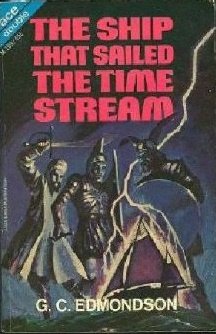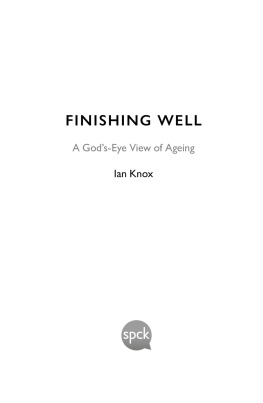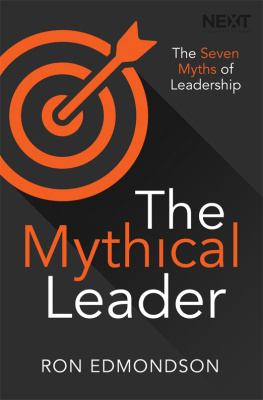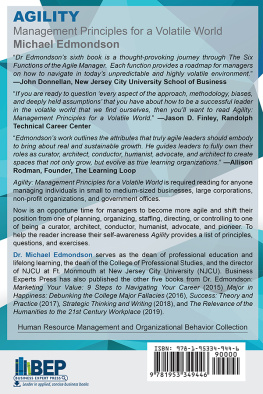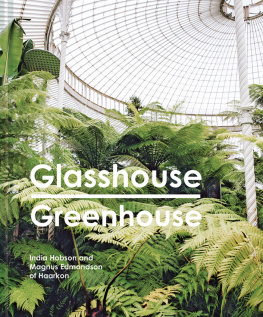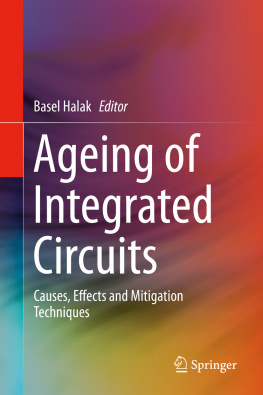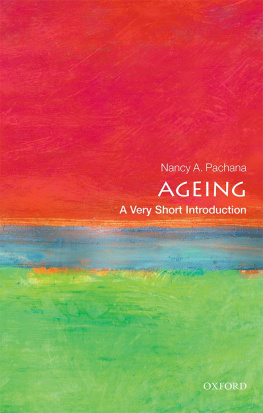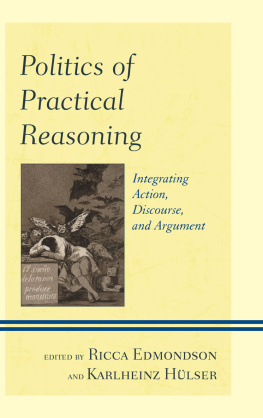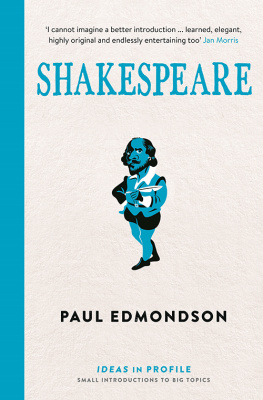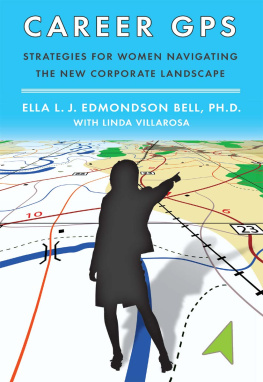First published in Great Britain in 2015 by
Policy Press University of Bristol 1-9 Old Park Hill Bristol BS2 8BB UK Tel +44 (0)117 954 5940 e-mail
North American office: Policy Press c/o The University of Chicago Press 1427 East 60th Street Chicago, IL 60637, USA t: +1 773 702 7700 f: +1 773-702-9756 e:
Policy Press 2015
British Library Cataloguing in Publication Data
A catalogue record for this book is available from the British Library
Library of Congress Cataloging-in-Publication Data
A catalog record for this book has been requested
ISBN 978-1-4473-2329-7 epub
ISBN 978-1-4473-2330-3 Kindle
The right of Ricca Edmondson to be identified as author of this work has been asserted by her in accordance with the Copyright, Designs and Patents Act 1988.
All rights reserved: no part of this publication may be reproduced, stored in a retrieval system, or transmitted in any form or by any means, electronic, mechanical, photocopying, recording, or otherwise without the prior permission of Policy Press.
The statements and opinions contained within this publication are solely those of the author and not of the University of Bristol or Policy Press. The University of Bristol and Policy Press disclaim responsibility for any injury to persons or property resulting from any material published in this publication.
Policy Press works to counter discrimination on grounds of gender, race, disability, age and sexuality.
Cover design by Policy Press
Front cover image kindly supplied by Billy Alexander
Readers Guide
This book has been optimised for PDA.
Tables may have been presented to accommodate this devices limitations.
Image presentation is limited by this devices limitations.
In five succinct chapters Ricca Edmondson provides an eminently valuable and useful exploration of the nature of meaning in later life, both as meaning attributed to old age and as found and realised within it. Mixing together the narratives of people known as friends and colleagues with the accounts of people as research subjects, she provides a welcome overview of issues and themes to which other books on ageing often give scant or only passing regard. Highly recommended.
Chris Gilleard, UCL, London
Ricca Edmondsons truly remarkable book demonstrates that wisdom is not a collection of proverbs but an expression of a deeply humane quest for insight which may intensify as people grow older. An inspiring, deeply reflected work that looks beyond the dominant agendas of contemporary ageing.
Jan Baars, University of Humanistic Studies, The Netherlands
I am anxious to thank, for their inspiration and very often for their kindness, H.R. Moody, with especial gratitude for all he has done to support the development of this book, and Thomas Cole, Ron Manheimer, Jay Gubrium, John Vincent, Eileen Fairhurst, Hans-Joachim von Kondratowitz, Lars Andersson, Chris Phillipson, Bill Bytheway, Stephen Katz, Chris Gilleard and Paul Higgs, as well as many colleagues in or near Utrecht, including Jan Baars, Peter Derkx, Joep Dohmen and Hanne Leceulle; those who attend symposia of the Galway Wisdom Project, including Jane Pearce, Michel Ferrari, Monika Ardelt, Trevor Curnow, Eva and Rdiger Kunow; the members of the Ex-OP Group in Germany and Austria, including Richard Kliem OP, Wolfgang and Florentine Schmidl and Karlheinz Hlser; the members of the international Aristotelian discussion group, including Marja-Liisa Kakkuri-Knuuttila and Robert Bolton.
For sundry forms of help in understanding meaning I thank Gundel Schmer, Almut and Klaus-Werner Schulz, Martha and Karl Ulrich Mayer, Terry Eagleton, Willa Murphy, Anthony Heath, Kate Kenny, Howard Bowman, Carmel Gallagher, Ernest Hess-Lttich, Dieter Genske, Karsten Harries, Elizabeth Langhorne, Cecily Kelleher, Joe Dunne, Lily Hong Chen, Sigrid and Peter Weiler, Sinia Maleevi, Pat Armstrong and Christel Brck; also friends and colleagues on the Ageing committees of the International Sociological Association and the European Sociological Association, especially Sara Arber and Harald Knemund; and those connected with the European Journal of Cultural and Political Sociology , including Charles Turner, Zeynep Talay, Eeva Luhtakallio, Pertti Alasuutari, Robert Fine and Siobhan Kattago; as well as friends and colleagues in the School of Political Science and Sociology in the National University of Ireland, Galway, including Chris Curtin, Anne Byrne, Mark Haugaard, Kevin Ryan, Vesna Maleevi, Kay Donohue and Henrike Rau; in the Department of Philosophy, including Felix Murchadha, Heike Felzmann and Richard Hull; and at the Irish Centre for Social Gerontology, including Tom Scharf and Eamon OShea.
For their illumination and insights I should like to thank Imam Khalid Sallabi, Fr John Keane, Rabbi Lionel Blue, Pfr. Frank Hrtreiter, Hannerl and Wastl Schwaiger and many of my students, not least Elaine McCaffrey and Anna King; as well as friends and neighbours in or near Connemara, including Rachel Latey and Tony Carroll, Niall Murchadha, Bartly Griffin, Mary Troy and Charlie Lennon.
I should like to express warm thanks and sincerest gratitude to Judith Phillips, the editor of this series, and at Policy Press, Emily Watt and especially Isobel Bainton.
For their always stimulating conversation and many other forms of help and inspiration I should like to thank Markus Woerner (also a member of many of the groups mentioned here), Tom and Abby Woerner-Powell and Christopher Woerner.
A further note concerns references, which are used in texts for various reasons, sometimes treated as proofs of the assertions to which they are attached. That is not the aim here. Rather, they are intended to show that reasoning is carried out within a vast network of people and to begin to give credit where credit is due. It became increasingly clear to me while writing the book that without conversation in groups with different theoretical and experiential backgrounds it would be impossible to synthesise the aspects necessary for approaching the complexities of talking about meaning and ageing. Heartfelt thanks to the many people who have talked to me in such insightful ways.
Harry R. Moody
The book you are about to read responds to the most important question you could ever ask: What is the meaning of my life? Ricca Edmondson has put together a vast array of resources to help us all respond to this question. She has guided us through the territory, for which we owe her gratitude. Wendell Berry said we live the life we are given, not the life we have planned. In his felicitous phrase, we encounter the question of this book: How do we find meaning in the life we are given, that is, the actual life we have lived, whether from individual intention or though structures imposed by the world around us? How do we connect the life we are given with the life we have planned that is, with our hopes, ideas, interpretations, and the deep structures of society around us? This question becomes ever-more insistent as we grow older. I write these words a few days before my 70th birthday. I, and we, have less time ahead of us, more time behind us. The plans we had for our future are now replaced by memories of what has happened. With the coming of age, the question of the meaning of life is no longer philosophical or hypothetical.




